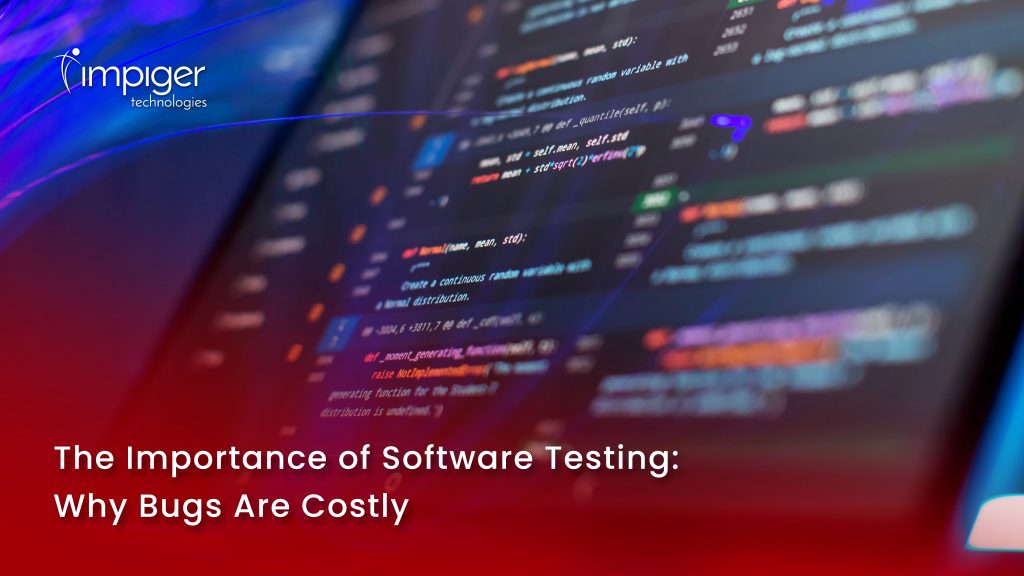Regulatory compliance is a critical aspect of any business in today’s world. Various regulatory agencies and standards are designed to protect employees, customers, and the environment while ensuring the safety and quality of products and services. However, maintaining regulatory compliance can be challenging for businesses, as it requires constant monitoring, reporting, and adherence to complex regulations. This is where an inspection management system like Impiger’s Inspicere can play a crucial role.
In this blog, we will delve into the crucial role of an inspection management system in maintaining regulatory compliance. Specifically, we will explore the features and benefits of Impiger’s Inspicere Inspection Management System and how it addresses the challenges faced by businesses. Let’s dive in and uncover the transformative power of an inspection management system in achieving regulatory compliance.
Understanding Regulatory Compliance
Regulatory agencies such as the Food and Drug Administration (FDA), Environmental Protection Agency (EPA), and Occupational Safety and Health Administration (OSHA) enforce standards that businesses must adhere to. Depending on the industry, there are specific regulations that companies must comply with to maintain their license to operate. Failure to comply with these regulations can lead to costly fines, lawsuits, and loss of reputation.
The Role of an Inspection Management System
An inspection management system is a software tool designed to automate and streamline the inspection process. It helps businesses maintain regulatory compliance by ensuring that all inspections are scheduled, conducted, and documented properly. Inspicere, developed by Impiger Technologies, is an inspection management system that provides various features and functionalities to help businesses maintain regulatory compliance.
Streamlining Inspection Processes with an Inspection Management System
The inspection process involves various stages, including scheduling, conducting, and documenting inspections. With Inspicere, businesses can streamline their inspection processes by centralizing data management and documentation. This includes storing inspection data in a centralized location, creating standardized inspection forms, and automating inspection scheduling and tracking. Real-time communication and collaboration between inspectors and stakeholders can also be facilitated using Inspicere.
Ensuring Data Integrity and Accuracy
Maintaining data integrity and accuracy is crucial for regulatory compliance. Inspicere ensures data integrity and accuracy by providing data collection and recording features, verification and validation processes, and audit trails and reporting capabilities. This helps businesses ensure that all inspection data is accurate and reliable.
Enhancing Compliance Reporting and Documentation
Compliance reporting and documentation can be time-consuming and error-prone. Inspicere provides various tools to enhance compliance reporting and documentation, including standardized report templates and formats, customizable reporting and dashboards, and the ability to generate compliance reports and metrics. This helps businesses easily generate compliance reports and track compliance metrics.
Integrating with Other Systems
Many businesses use multiple systems to manage different aspects of their operations. Inspicere can integrate with other systems such as Quality Management Systems (QMS), Document Management Systems (DMS), and Enterprise Resource Planning (ERP) systems. This helps businesses ensure that all compliance systems are integrated and working together seamlessly.
Overcoming Challenges and Implementing an Inspection Management System
Implementing an inspection management system can be challenging for businesses. However, Impiger’s Inspicere supports change management and employee training, data security and privacy considerations. Impiger’s team of experts can help businesses overcome challenges and implement Inspicere efficiently.
Final Thoughts
In conclusion, an inspection management system plays a vital role in ensuring regulatory compliance for businesses. By streamlining inspection processes, ensuring data integrity, enhancing reporting and documentation, and integrating with other compliance systems, an inspection management system helps businesses meet regulatory requirements efficiently. Implementing such a system empowers businesses to navigate complex regulations, mitigate risks, and maintain a strong compliance posture. With the ever-increasing emphasis on regulatory compliance, leveraging an inspection management system becomes crucial for businesses to thrive in a compliant and regulated environment.











